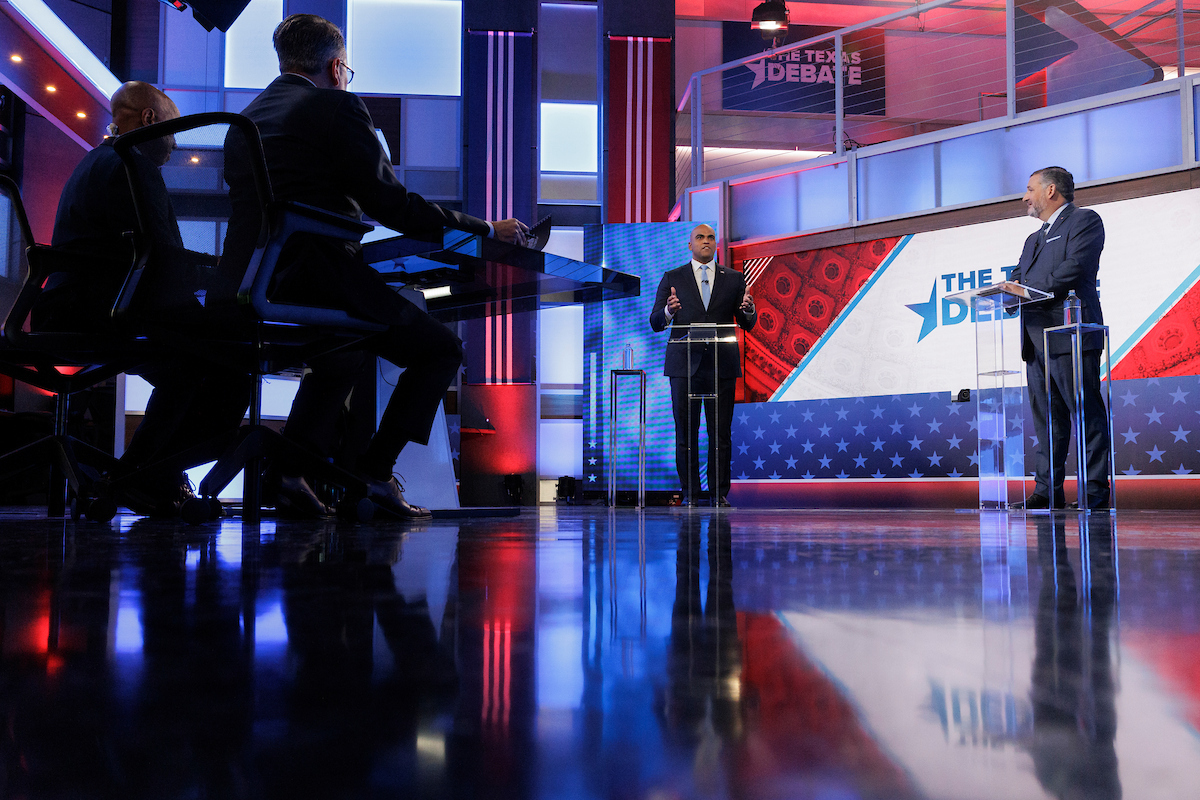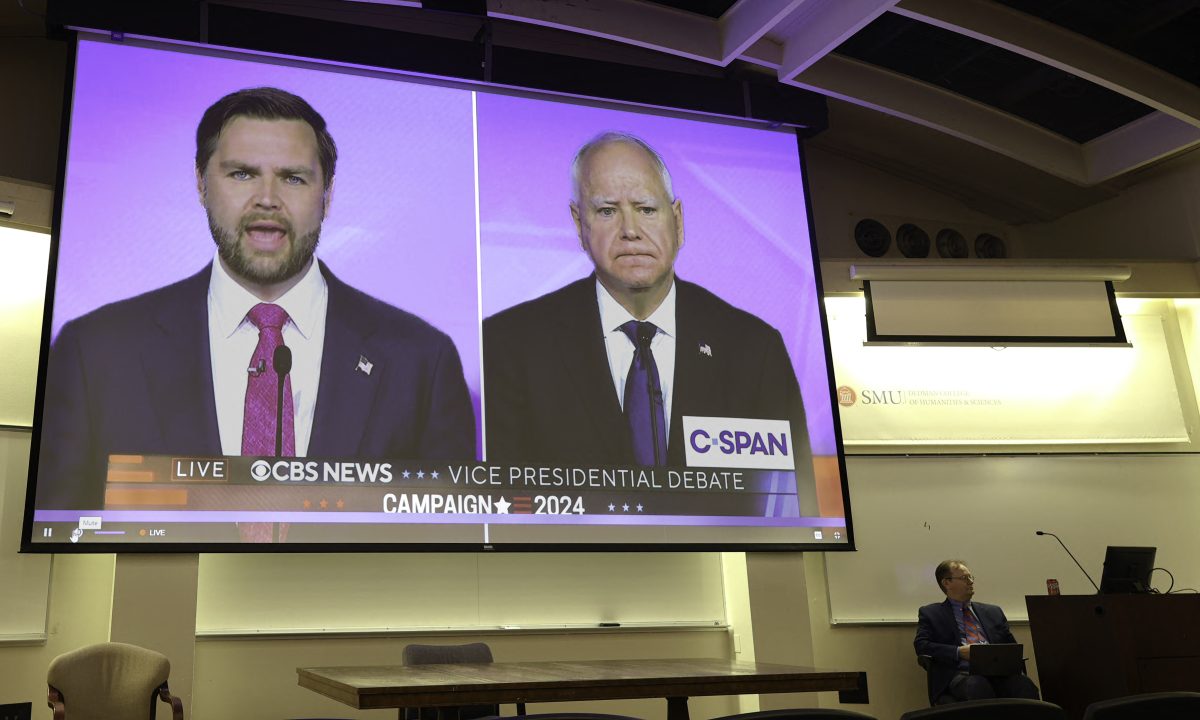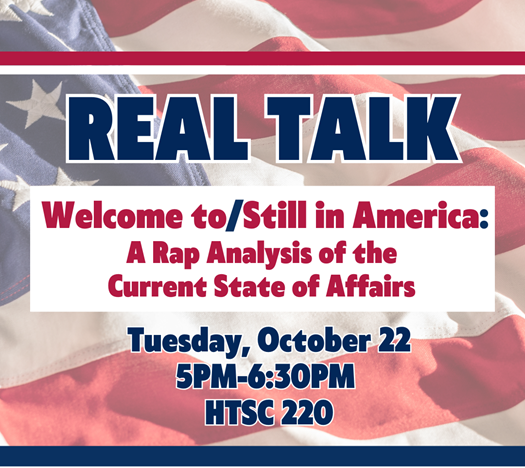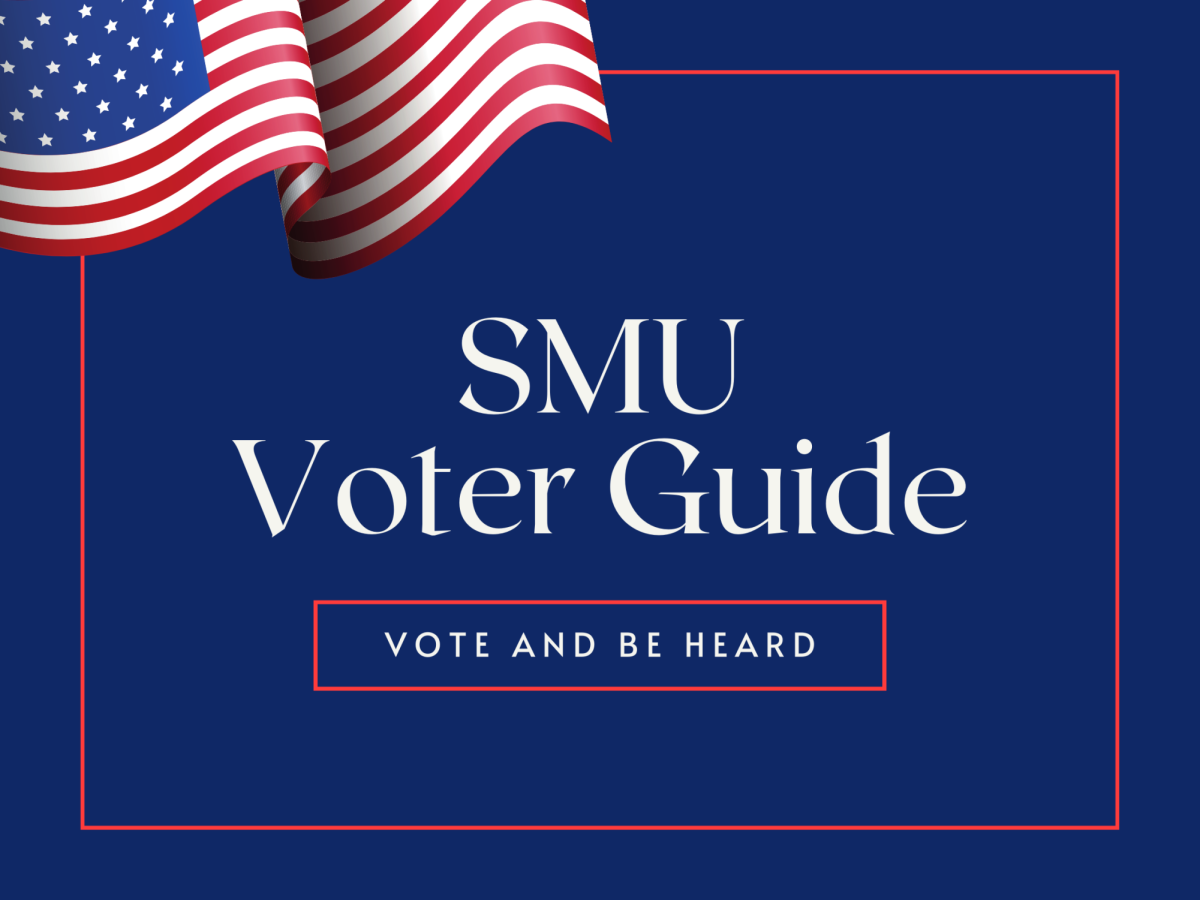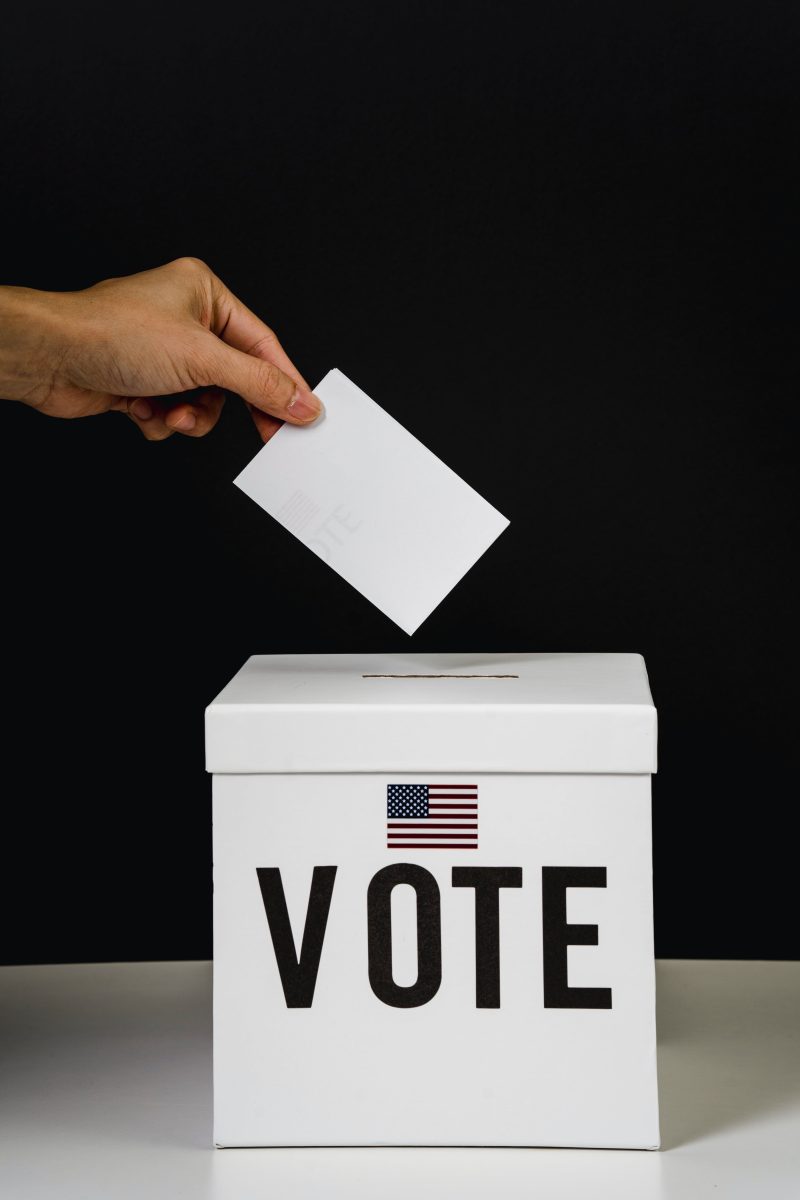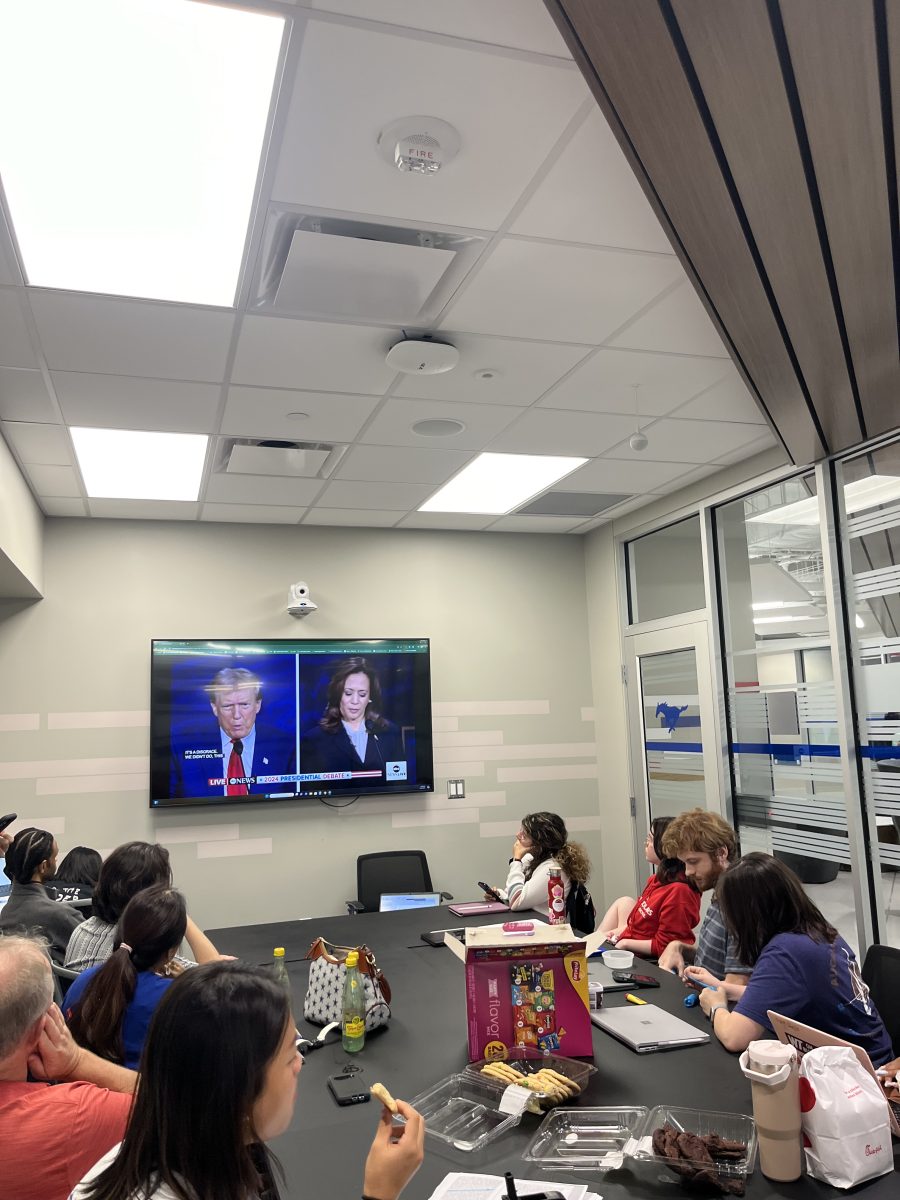
President Barack Obama spoke to supporters in Chicago after his re-election. Obama defeated challenger Gov. Mitt Romney by 126 electoral votes. (AP)
President Barack Obama won his 2012 reelection Tuesday night in a close race with Republican candidate Mitt Romney. Romney led in the polls throughout the evening, but Obama made his jump as soon as the West Coast results started coming in, gaining an advantage Romney was unable to surpass.
Newsrooms began calling the election shortly after 11 p.m. EST, even before Florida and Ohio-two major swing states-had determined a final tally. Romney remained stalled at 200 electoral votes as Obama pulled through at the end of the night with a relatively steady climb to the 270 electoral votes required to win the election.
The night started leaning heavily Romney, as was expected from the traditionally Republican states on the east coast who reported results first. Texas, to no surprise, was a win for the Republican candidate, and his biggest electoral count of the election.
Nevertheless, incumbent candidate Obama solidified New York early on, and in the sense of “quality over quantity” was able to edge out Romney with fewer states but more electoral votes.
With the help of electoral votes from key battleground states such as Ohio, Florida and Virgina, Obama captured key states that Romney needed for election.
In his concession speech, Romney offered his congratulations not only to the President, but to the “supporters and campaign” too that he said “also [deserved] congratulations.”
“I pray that the President will be successful in guiding our nation,” Romney said.
Members of his immediate and extended family joined him on stage, as well as his running mate Paul Ryan.
Many political commentators called Romney’s concession a “quickly written speech” and something he was not necessarily prepared for. While his speech was in some ways unlike most typical concession speeches, Romney stood strong in giving his support to Americans.
“You inspired us and humbled us,” Romney said, speaking for himself and Ryan to supporters. “The election is over, but our principles endure.”
President Obama stood onstage to give his victory speech a little after 1:30 a.m. EST, greeted by an ecstatic crowd and joined by his wife and daughters.
“[This country] moves forward because you reaffirmed the spirit that has triumphed over war and depression,” Obama said while giving thanks to supporters.
Beyond Democratic voters, Obama expressed the significance of every American who went out to the polls, regardless of party affiliation.
“You made your voice heard, and you made a difference.”
President Obama delivered a speech to unify the nation without partisan division.
“While each of us will pursue our own individual dreams, we rise and fall as one nation and one people,” Obama said.
He spoke to the importance of diversity of beliefs within a country that is a “generous America, a passionate America.” Acknowledging severe partisanship, Obama reassured the country that “these arguments we have are a mark of our liberty.”
“Forward. That’s where we need to go,” Obama said.
With President Barack Obama returning for his second term, SMU political science professor Matthew Wilson said, “The ability to launch any sort of major initiatives is going to be minimal” with the Republicans maintaining control in the House.
“With the closeness of this election and the political bitterness of the last couple of years, the losing side isn’t going to be in a mood to compromise,” Wilson said.
And, institutionally, he said Republicans don’t have to cooperate to maintain power, seeing as the party controls Congress and Obama will not be up for re-election.
“The House is a very disciplined chamber, so the Republicans can block whatever they want,” Wilson said.
He explained that in the coming weeks, Obama will have to work with Republicans regarding fiscal issues, and neither side can afford to refuse engagement.
“He’ll have to get into some sort of negotiations with Congress about dealing with the so-called ‘fiscal cliff’ and so they’ll cobble together some sort of solution to keep that from happening,” Wilson said.
Speaking to the economic crisis of America, Wilson said, “The economy largely sits above and beyond the control of the president.”
“It’s not going to be radically altered in the short-term,” Wilson said about the next four years.
Wilson said Obama ultimately would need to work more abstractly by utilizing executive orders and federal court appointments to move forward.
“He will systematically advance his agenda and values and priorities in ways that do not involve Congress,” Wilson said. “His ideal would be to make an appointment to the Supreme Court that would change the balance of power.”
Dennis Simon, a professor of political science, said that this kind of sneaking around the opposite party is what the president will need to overcome.
“The biggest challenge is whether the partisan rhetoric will be muted and the folks will get to work.”
With the end and necessary goal being collaboration, Simon explained that some of the most critical work “will be done before inauguration.”
Political science professor Cal Jillson said that past the inauguration, “second terms are usually about consolidating the gains of the first term.”
“[Obama] will work to implement health care reform and to broker a set of fiscal policy reforms to get the country back on sound footing,” Jillson said.
Because of the solid opposition Obama will face from the House that will keep him from “undertaking major new initiatives,” Jillson said that one reform Obama likely will push for is immigration-and the professor said it’s one for which Republicans would be wise to follow suit in.
“Given the demographic changes taking place in the country, Republicans would be well-advised to join in those discussions beyond simply calling for more secure borders,” Jillson said.
Wilson agreed by saying that immigration and a possible “combination of tax and entitlement reform” could be issues on which the two parties find “common ground.”
“These are things that need to get done, but you wonder whether or not enough bipartisan goodwill exists to accomplish [them],” Wilson said.
It is now up to Obama yet again to commit to the country’s stability and recovery. The next four years will give Obama an opportunity to utlize his political capital to push through reform.
“To the furniture worker’s child in North Carolina who wants to become a doctor or a scientist, an engineer or an entrepreneur, a diplomat or even a president – that’s the future we hope for. That’s the vision we share. That’s where we need to go – forward,” Obamas said in his victory speech in Chicago.






